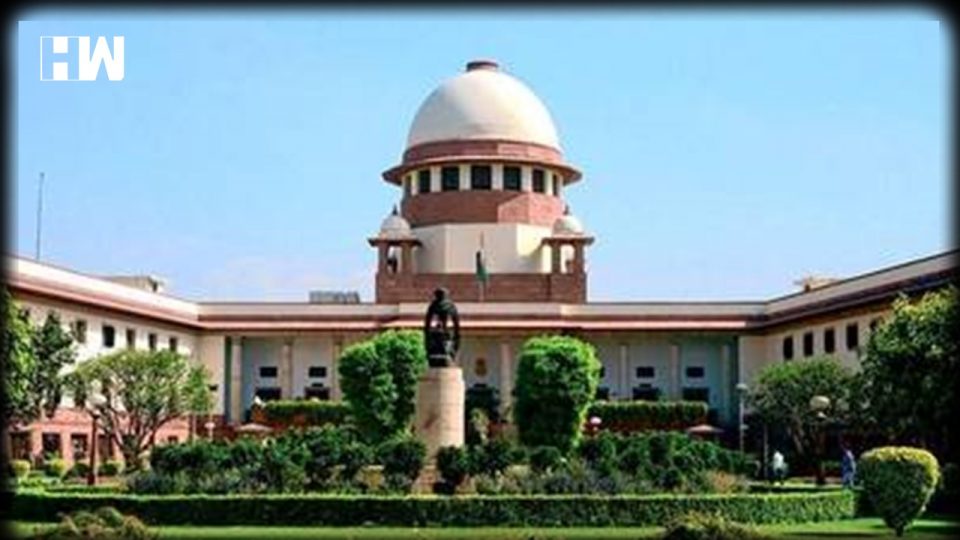India is clear that the CAA is constitutionally valid, the MEA has said in response to the move by the United Nations High Commissioner for Human Rights.
New Delhi| The Office of the UN High Commissioner for Human Rights has filed an Intervention Application in the Supreme Court of India over the Citizenship (Amendment) Act.
India, which was informed about this on Monday evening, said that CAA was an “internal matter” and that it is a “long-standing national commitment in respect of human rights issues arising from the tragedy of Partition.”
“Our Permanent Mission in Geneva was informed yesterday evening by UN High Commissioner for Human Rights (Michelle Bachelet) that her office had filed an intervention application in the Supreme Court of India in respect to the 2019 Citizenship Amendment Act,” MEA Spokesperson Raveesh Kumar said.
“We strongly believe that no foreign party has any locus standi on issues pertaining to India’s sovereignty,” he said.
India is clear that the CAA is constitutionally valid and complies with all requirements of its constitutional values, Kumar said.
Also Read: Pakistan Foreign Minister Qureshi had written to UN about Article 370 last week
“It is reflective of our long-standing national commitment in respect of human rights issues arising from the tragedy of the Partition of India,” he said.
“India is a democratic country governed by the rule of law. We all have the utmost respect for and full trust in our independent judiciary. We are confident that our sound and legally sustainable position will be vindicated by the Supreme Court,” he said.
The Citizenship (Amendment) Act passed by Parliament in December last year sparked protests across the country. The citizenship law expedites granting of citizenship to Hindus, Sikhs, Buddhists, Christians, Jains and Parsis — it leaves out Muslims — who entered the country from Pakistan, Bangladesh and Afghanistan until December 31, 2014.
The Supreme Court is currently hearing petitions filed by activists, opposition members, against the amended Citizenship Act.
Several opposition ruled states across have also raised their concern against the CAA and said they will not implement the new citizenship law. Various states in India including Bengal, Bihar, Punjab, Kerala have passed resolutions against CAA. Violent clashes over the law also broke out in Delhi last week, killing 47 people and injuring over 250.
(With PTI inputs)
As an independent media platform, we do not take advertisements from governments and corporate houses. It is you, our readers, who have supported us on our journey to do honest and unbiased journalism. Please contribute, so that we can continue to do the same in future.

